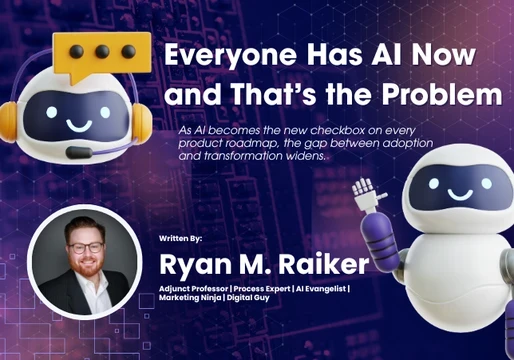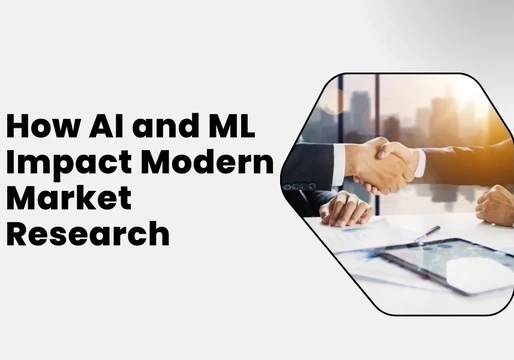Almost one-third of US employees have already engaged with some form of artificial intelligence (AI). This is according to data from Optimised Workforce, based on a 2018 survey of over 10,000 US workers.

The real cost of AI
First and foremost, the report estimates that AI vendors could bring almost $900 billion in efficiency to the US economy in 2018. This amounts to approximately 15% of the total US payroll.
Despite this, nearly 19% of employees are unable to meet business goals due to tasks that could be automated. As a result, respondents spent too much time on tasks that AI could streamline.
The process-intensive health care and government services sectors wasted the most time and money on administrative tasks. In total, these industries spent $56 billion per year on person-hours for administration.
These industries also spent a massive amount of time and money on other tasks that AI can make more efficient. These functions included data analysis and data entry, and amounted to $30 billion in total.
In contrast, the information and manufacturing industries are early adopters of AI. These sectors are "poised to make aggressive investments" in 2019, according to Craig Desens from the Optimised Workforce Board of Advisors.
AI in 2019
The survey also revealed that the use of AI in the workplace will grow over the coming year. An additional 6% of employees said that their departments plan to incorporate at least one form of AI into their operations by mid-2019.
In the enterprise, the burden of administrative tasks can be alleviate by AI. However, the survey predicts that AI tools with more strategic applications, such as scenario planning, will gain traction next year.
Craig Desens said that AI's long-term impact on employment is "much more difficult to predict," however. He said that with many overworked professionals in high-value industries like health, AI is more likely to "help the majority of workers" than disadvantage them.
Forrester predicts that over 40% of enterprises will combine robotic process automation (RPA) and AI to create digital workers. The RPA market will reach $1.7 billion in 2019, paving the way for the widespread adoption of more intelligent tools.
However, one in ten startups will begin their enterprise journey with more digital workers then human employees. Automation will displace 10% of US jobs, but generate around 3% of today's equivalent roles.
Check out this podcast with Photobox Group's Richard Orme, who discusses the challenges and effectiveness of emotionally intelligent AI for customer relations and cybersecurity







Comments ( 0 )